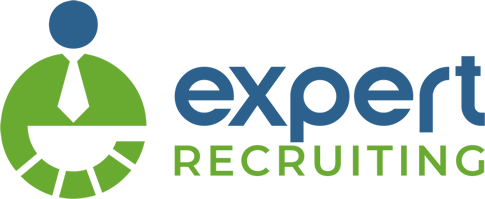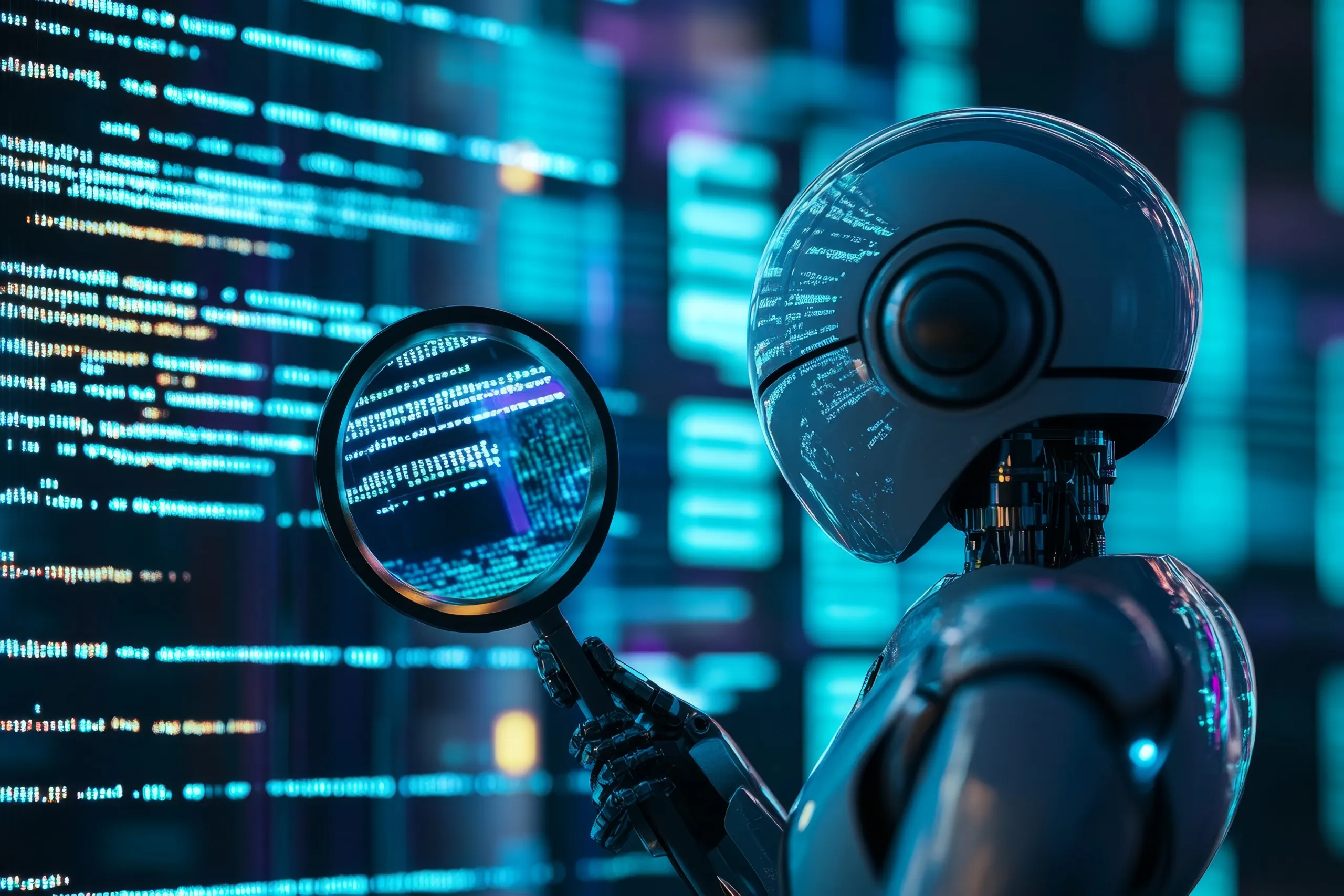The world of work is evolving faster than ever. As businesses race to stay competitive, the role of Human Resources has shifted from purely administrative to profoundly strategic. Today, HR leaders are expected to drive innovation, improve employee experiences, and align talent with business outcomes—without losing the human touch. That’s where Artificial Intelligence (AI) comes in, not as a replacement, but as a powerful partner.
AI is no longer a distant concept reserved for tech giants. It’s becoming an essential part of forward-thinking HR departments across industries. From hiring to retention, onboarding to engagement, AI is quietly reshaping how HR teams operate—making processes faster, smarter, and more human-centered.
Take recruitment, for example. The traditional model of sifting through stacks of resumes is not only time-consuming but also prone to unconscious bias. AI-powered tools now allow HR teams to identify high-potential candidates with astonishing speed and accuracy. By analyzing vast amounts of data—job descriptions, resumes, behavioral patterns, even cultural alignment—AI can flag ideal candidates and help recruiters focus their energy on human connection, not paperwork.
But hiring is just the beginning. Once employees are onboarded, AI continues to play a role behind the scenes. Smart platforms can monitor engagement levels, detect signs of burnout, and even recommend tailored learning and development plans. This gives HR leaders a real-time pulse on employee wellbeing and performance, empowering them to act proactively instead of reactively.
Even day-to-day operations are changing. Tasks that once took hours—like scheduling interviews, answering repetitive HR questions, or managing benefits—can now be automated through AI-driven chatbots and virtual assistants. This frees up HR teams to spend more time where it really counts: building culture, supporting leadership, and developing talent.
AI also enhances decision-making by providing insights that are often hidden beneath the surface. Predictive analytics tools help HR teams forecast attrition, identify top performers, and understand how workplace dynamics influence business outcomes. With these insights, HR shifts from reactive to strategic—becoming not just a support function, but a key driver of organizational growth.
Importantly, AI in HR doesn’t mean losing the human element. On the contrary, it allows HR professionals to focus more on empathy, coaching, and leadership. It amplifies the emotional intelligence of HR by removing the noise and creating space for genuine human interaction.
As organizations continue to adapt to a more agile and digital future, those who embrace AI in their HR departments will have a distinct advantage. It’s not just about technology—it’s about transforming the way we connect with people, nurture talent, and build workplaces where everyone can thrive.
In the end, the future of HR is not AI versus humans. It’s AI with humans—working together to unlock the full potential of people and business alike.


